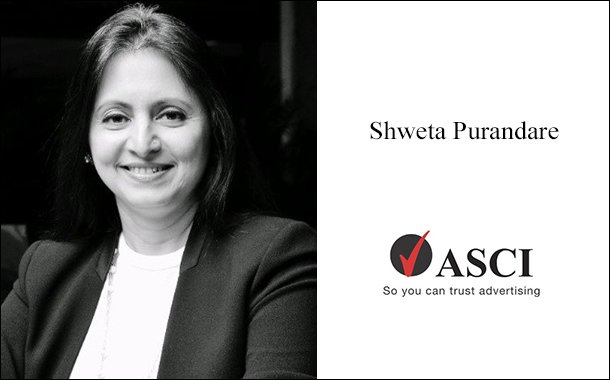BY: Yohan P Chawla
Advertising has always had a large share of the marketing budget of most brands. Some ads are successful in communicating their message across and are very well received. However when some advertisements communicate, they do with the help of comparing themselves with their competitors, in most cases showing off their supremacy. If not done correctly, this leads to an unwanted stir of controversy.
To safeguard the interest of consumers, and to make sure that consumers are not misled by such advertisements which either over promise or just twist and turn facts for their benefit, The Advertising Standards Council of India, popularly referred to as ASCI, which is the only self-regulatory body which regulates the industry and takes up complaints according to its guidelines, makes independent decisions.
I spoke to Shweta Purandare, Secretary General, ASCI to understand the how ASCI takes up cases of comparative advertising.
“About 15% of the complaints we receive are intra-industry disputes, the industry members and non-members use the ASCI forum to take up issues, for any violation of the ASCI Code.”
On comparative advertising, Purandare said, “ASCI allows comparative advertising, provided the claims are honest and truthful, so primarily it requires substantiation. If someone is making any leadership claims, they ought to have data to prove it. If it’s a consumer good then they should have volume share. If it is channels then they have to prove their leadership, based on specific criteria laid down by BARC, and ASCI ensures that these guidelines are adhered to.”
Recently, the News18’s full-page advertisements claiming network leadership was also reported to ASCI by competitor news broadcasters as misleading advertisement. We reached out to a few broadcasters but received no comment.
Purandare said, “Comparative advertisements are very much allowed, and when such complaints are received by ASCI we give an opportunity to the advertiser to put across their point of view and if it’s a technical matter then a technical expert will look into the data presented by the advertiser. The decision on the complaint is taken by ASCI’s independent consumer complaint council.”
“While comparative advertising is allowed, one also needs to make sure that the advertisement does not discourage healthy competition, which is another criteria that’s looked into.”
Broadcasters very frequently slice and dice the BARC numbers to claim leadership; the only questions is whether this is done as per guidelines set by BARC.

















